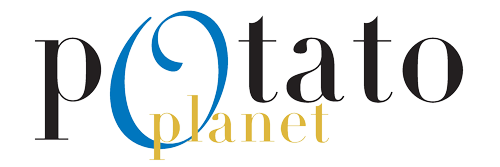Potato market chronicle November 2020
Publication author: Christelle Denis – SARL D.Vegetables Potato market chronicle November 2020 All market chronicles At the beginning of November, this second confinement feels like a step backwards. Unlike the 1st containment, the consumer buying frenzy has not returned. Export sales are relatively calm, due to normal production levels, particularly in Central Europe; the reconfinement of all our European neighbors is having an impact on our exports, as they are giving priority to their domestic production in the context of this health crisis. Unclear market visibility Quality is not completely up to scratch either; our Spanish customers are very keen on quality 8 ware potatoes and are putting pressure on prices, but most of them are not satisfied with France’s visual quality (dartrose, sprouting…). Market visibility in this context of crisis is rather hazy; we’re sailing in the fog with uncertainties about the reopening of restaurants and bars, which are an important customer for wholesalers! In-store consumption is not very active, and the “promotions” that have been set up mean that the packing centers are working in fits and starts, making it difficult to get organized. Absences are multiplying due to the coronavirus, and this is a new parameter to juggle with! Potatoes adapt to all seasons What’s more, won’t the end of the CIPC force us to reduce the shelf life of ware potatoes? What will happen to quality between now and April? Is this the end of the 10-month smooth marketing of ware potatoes? This will be a year of transition in many respects, but the industry has always shown solidarity and strength in defending the French potato!

